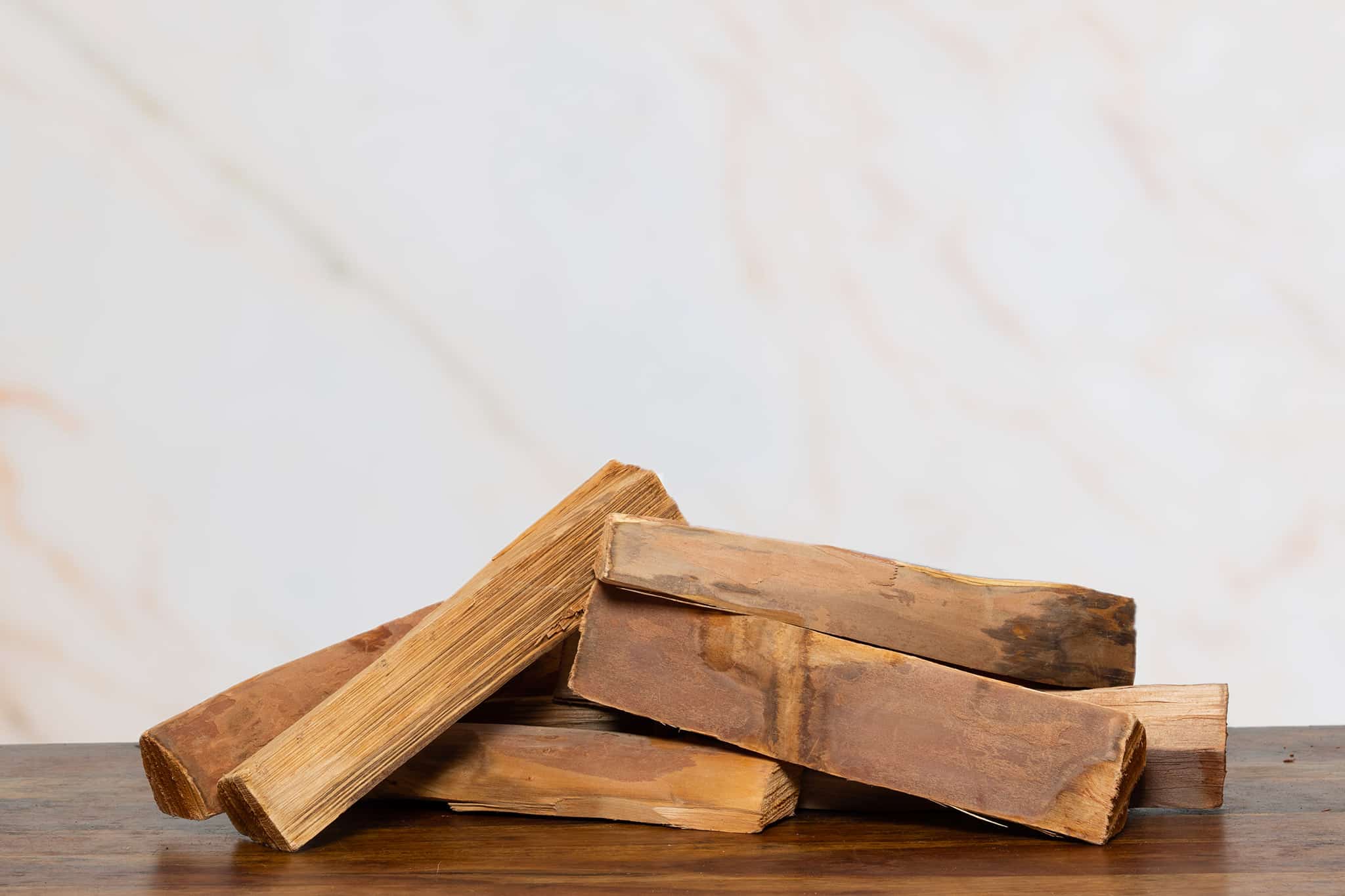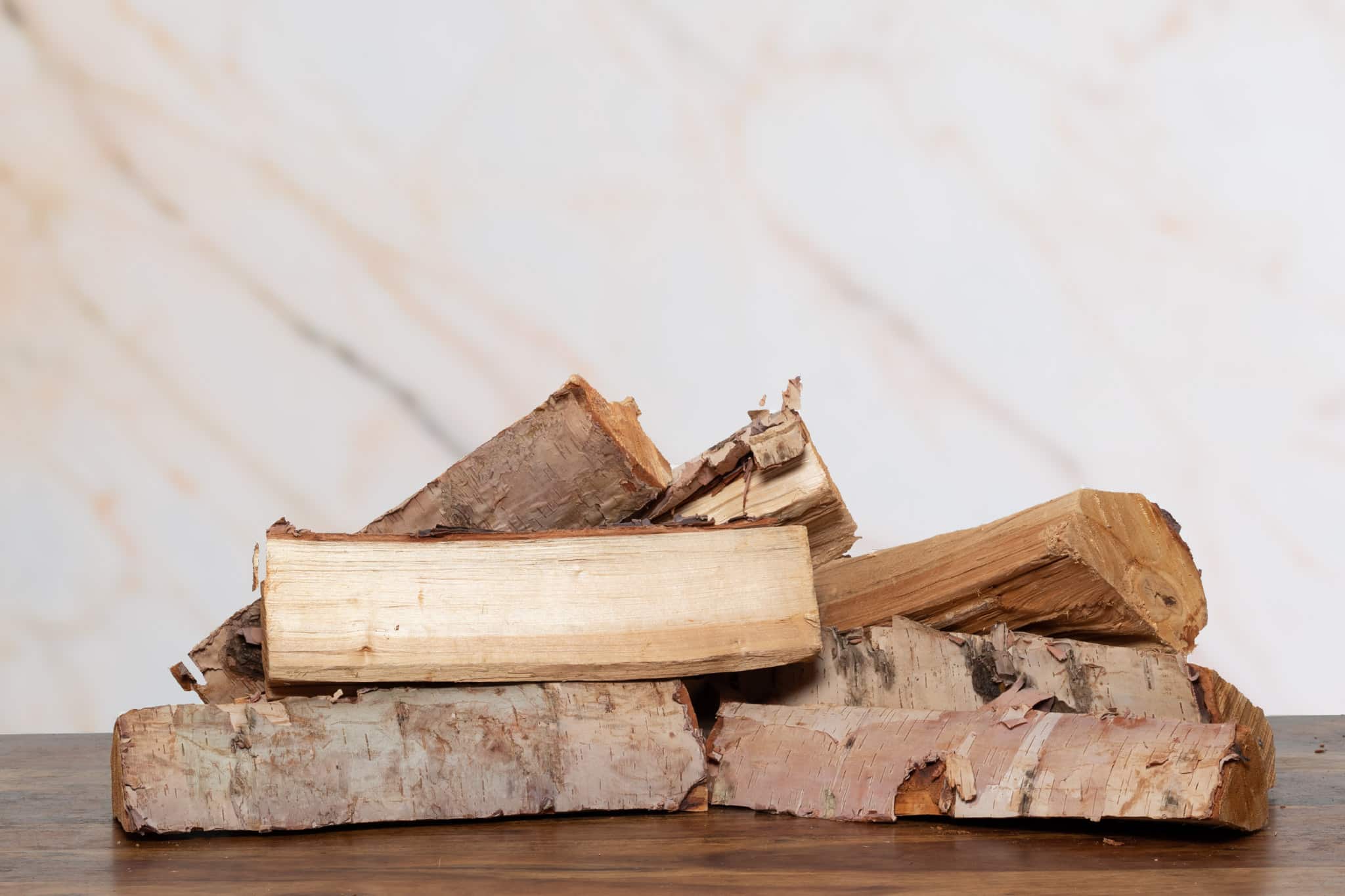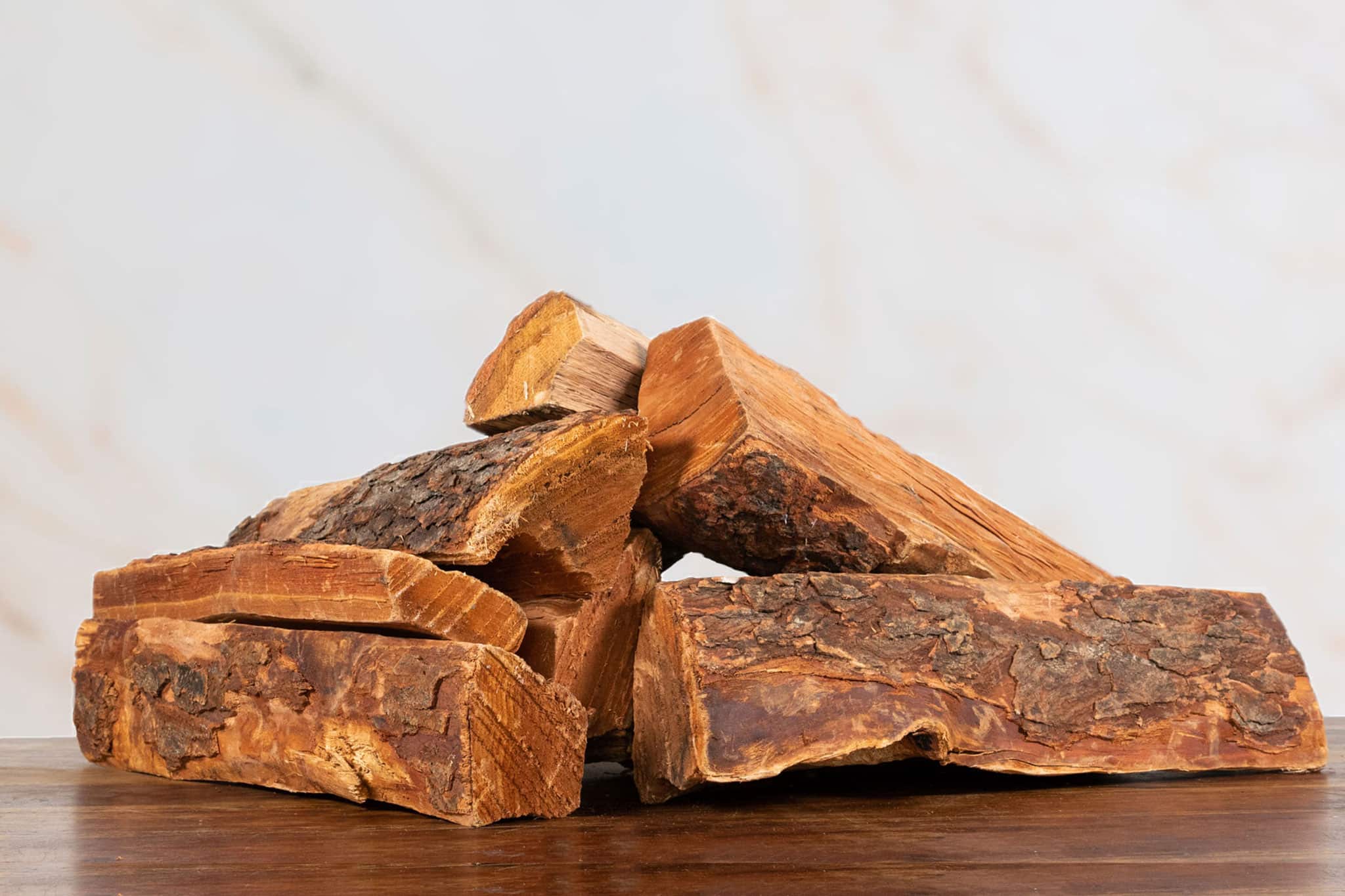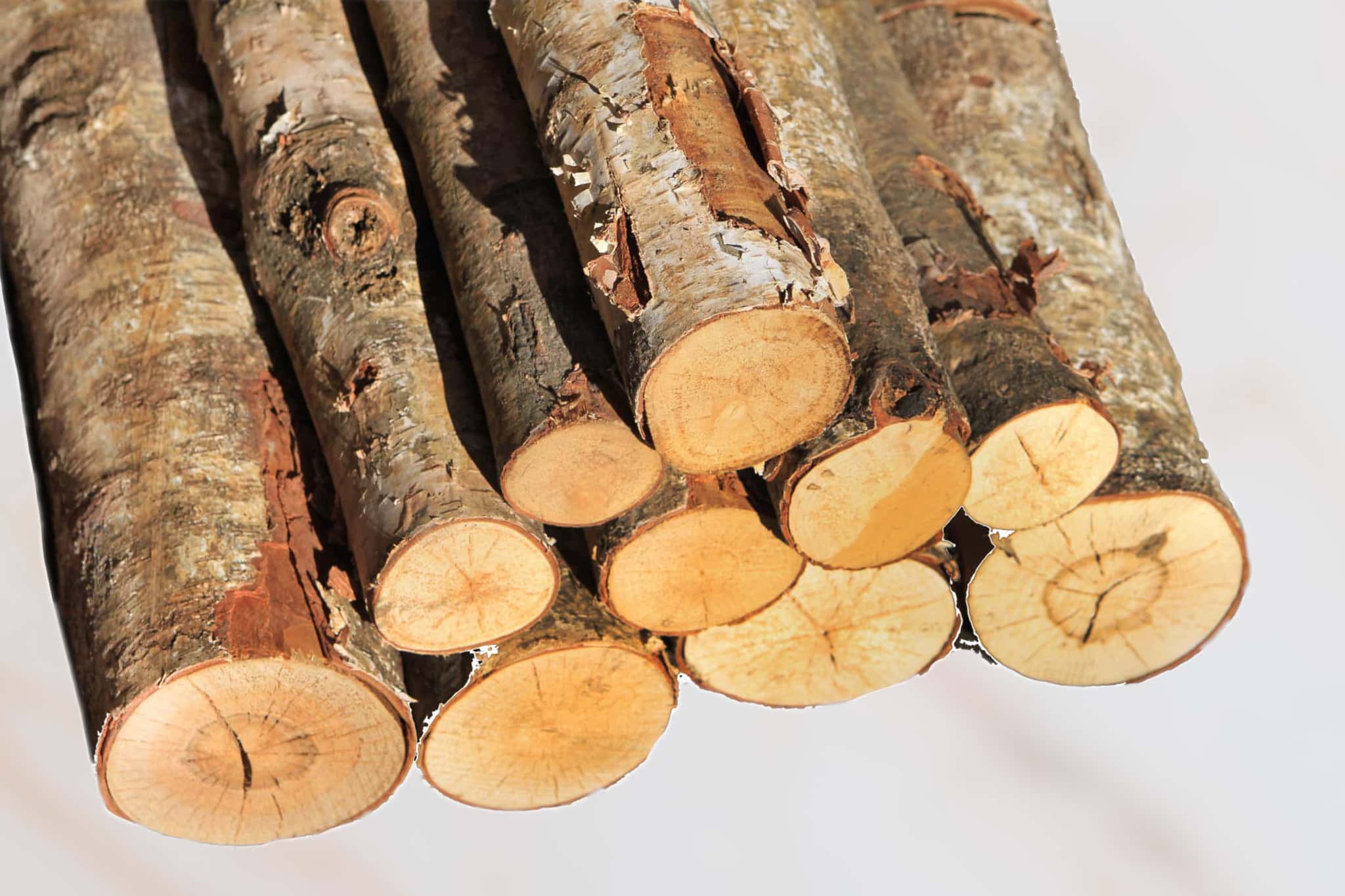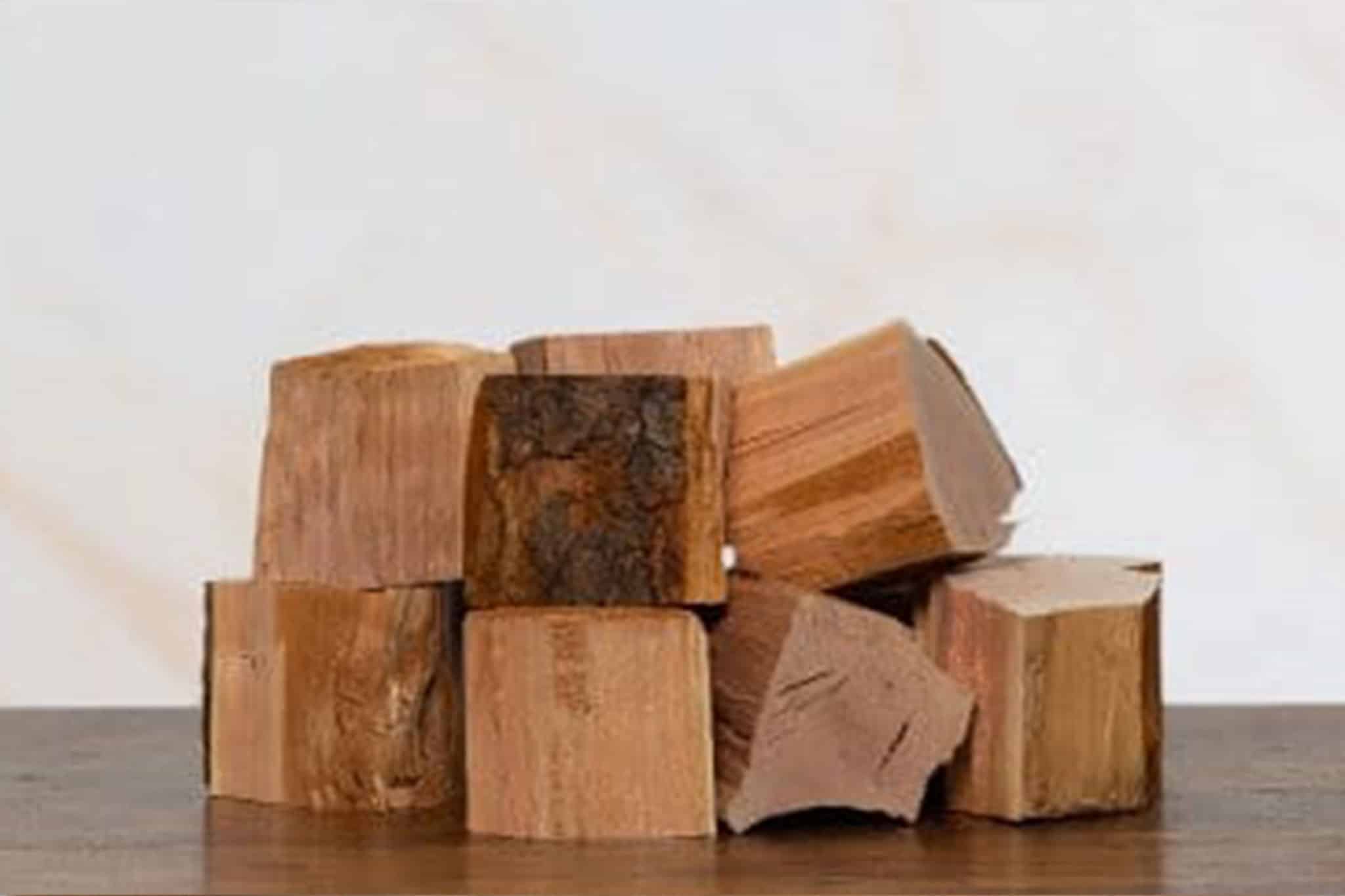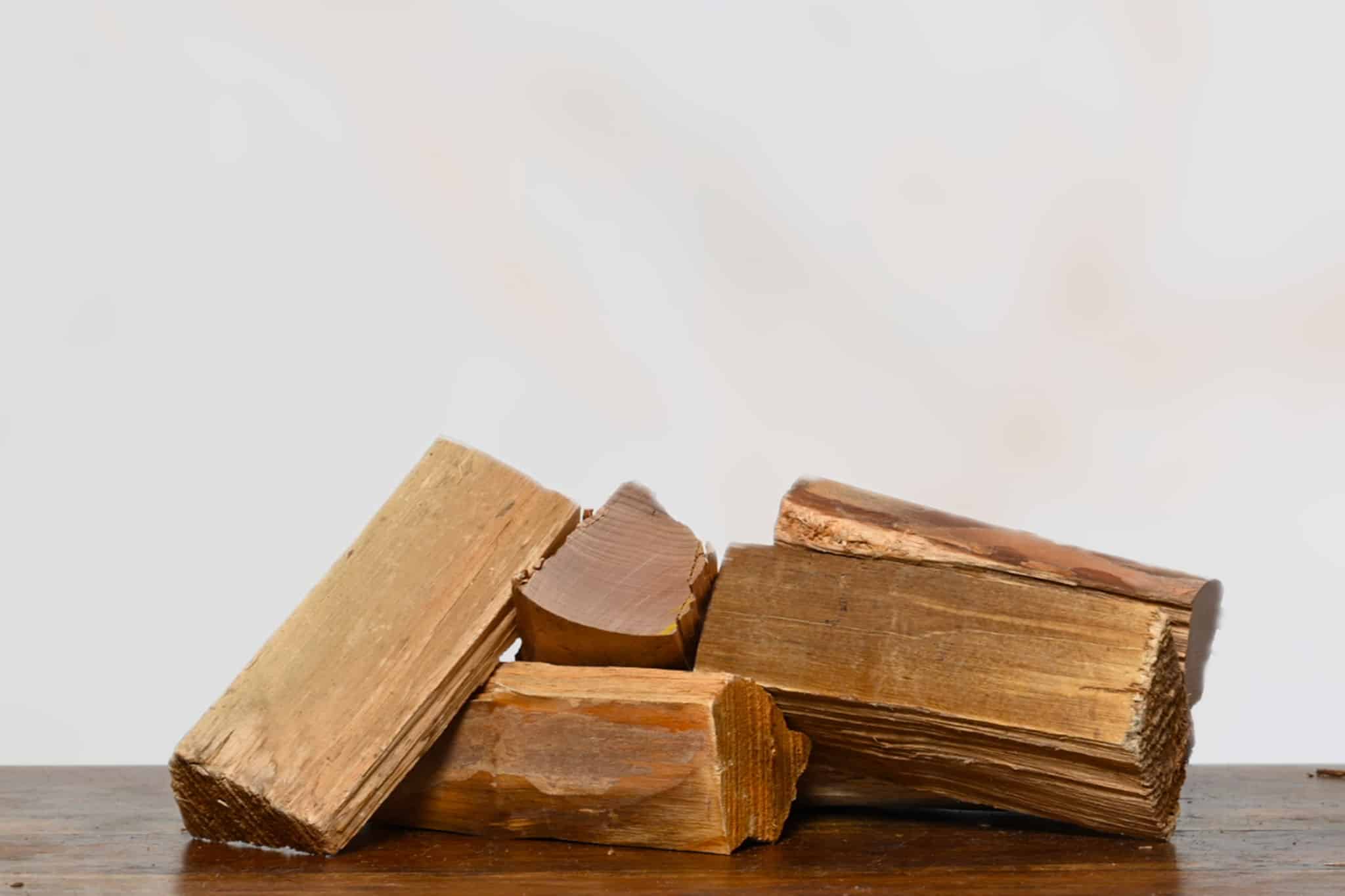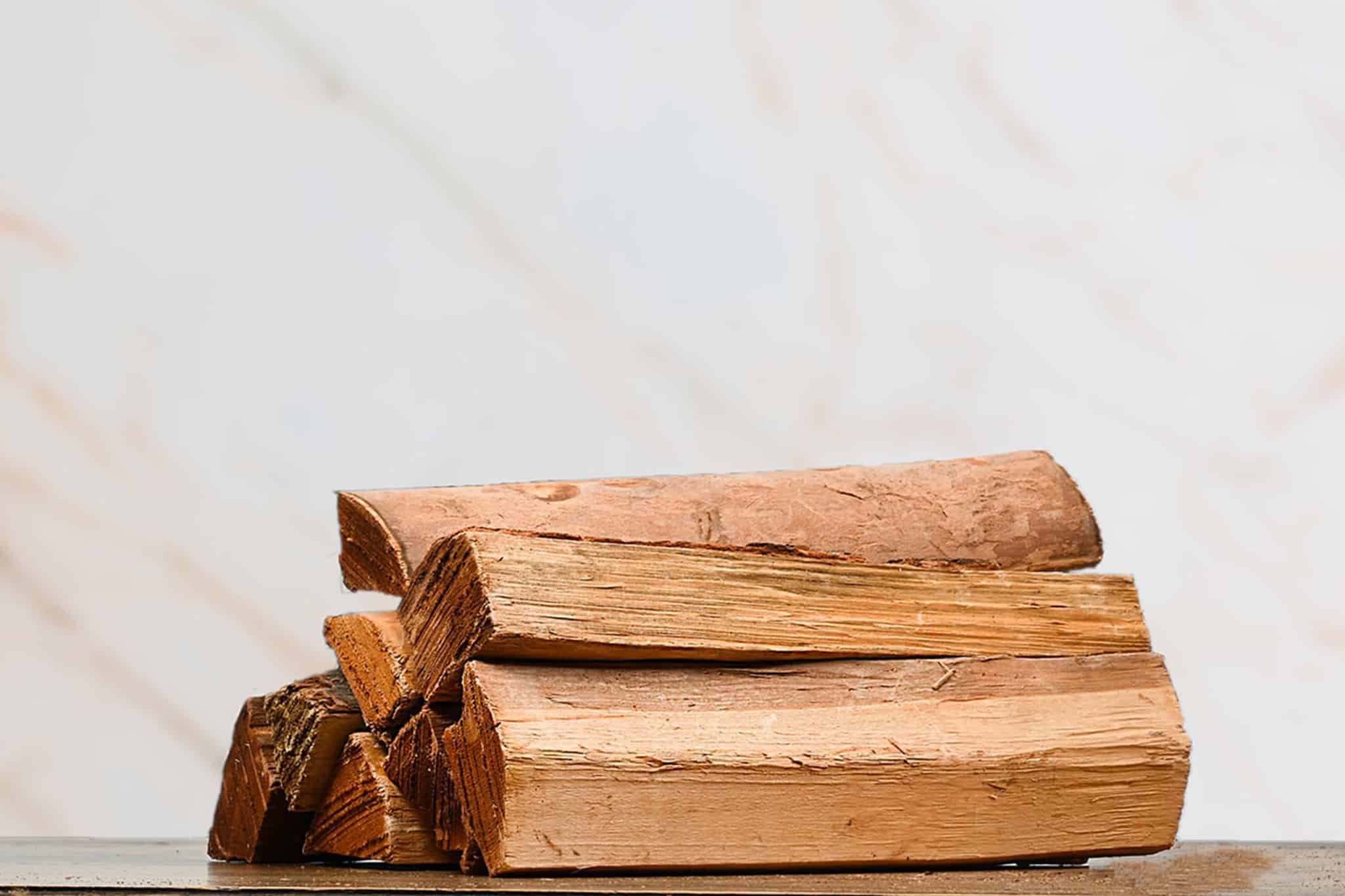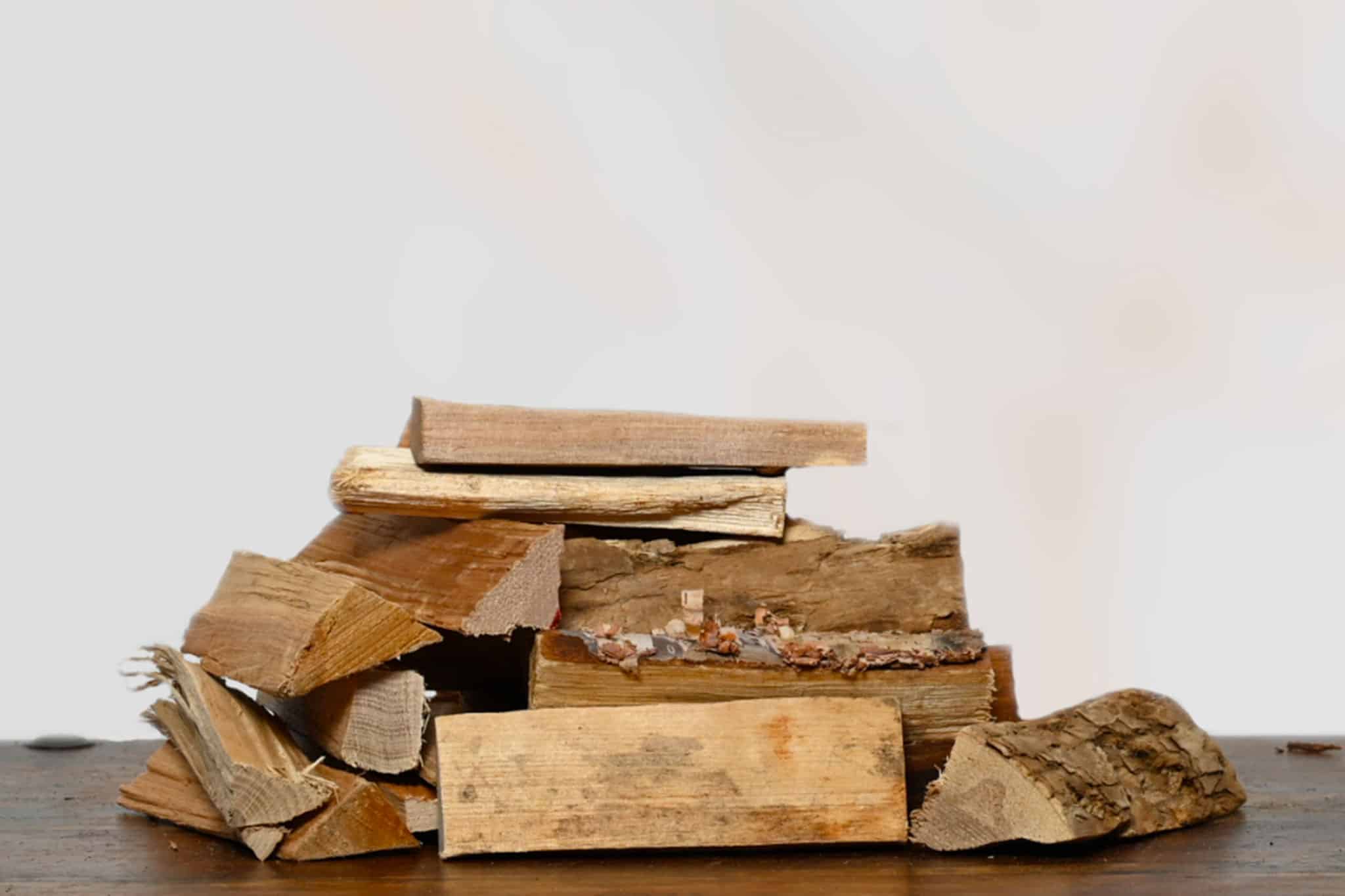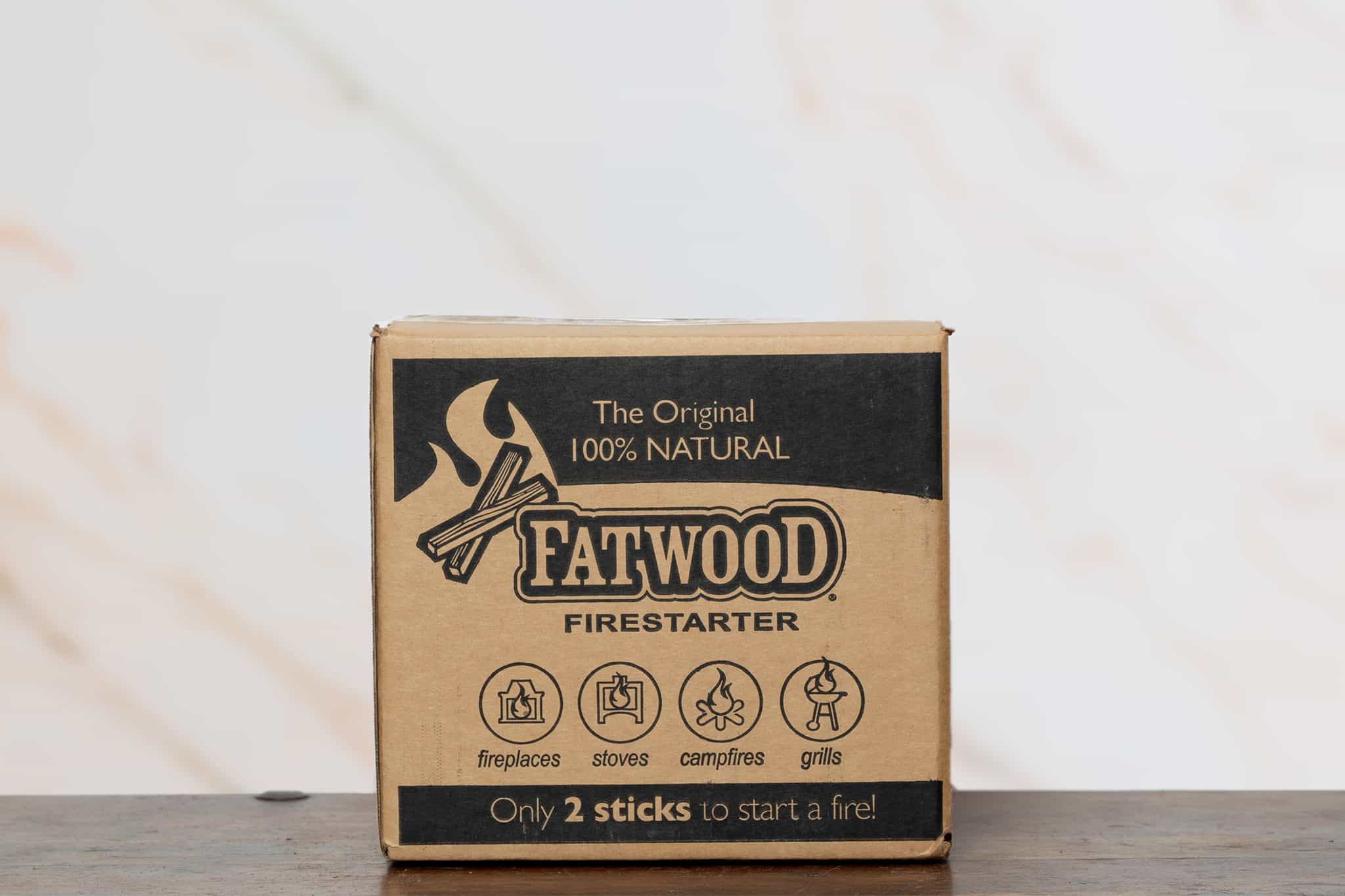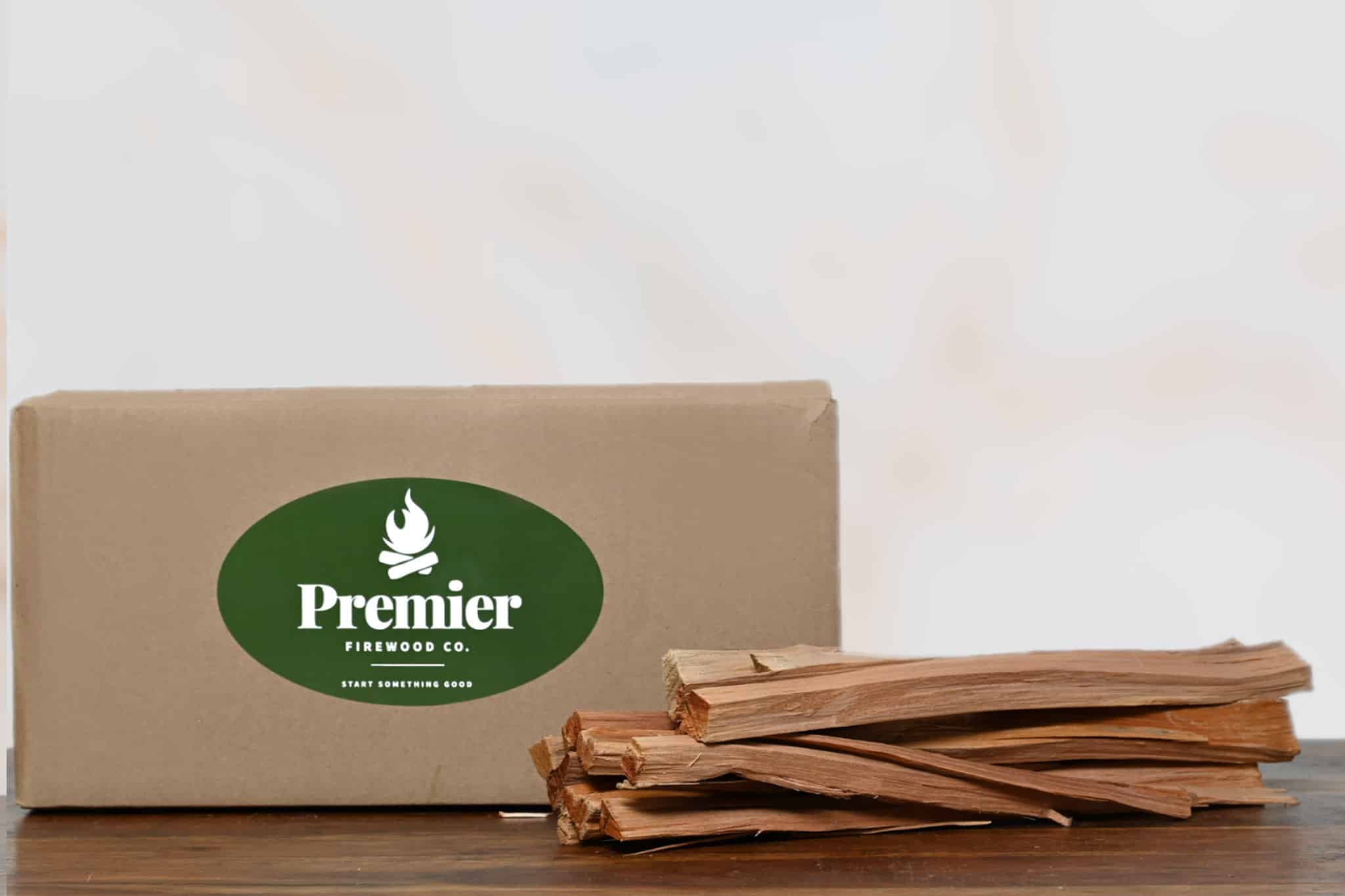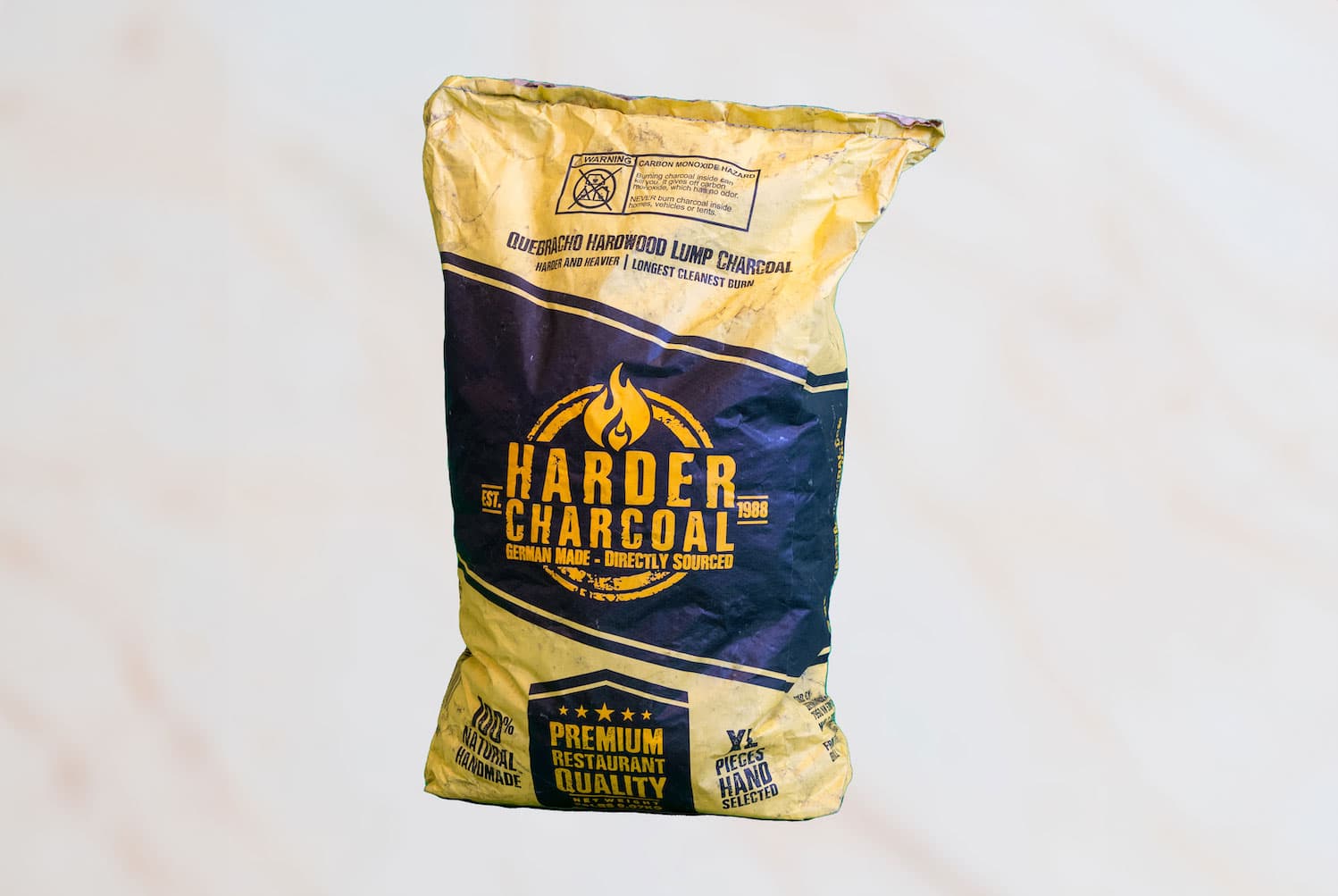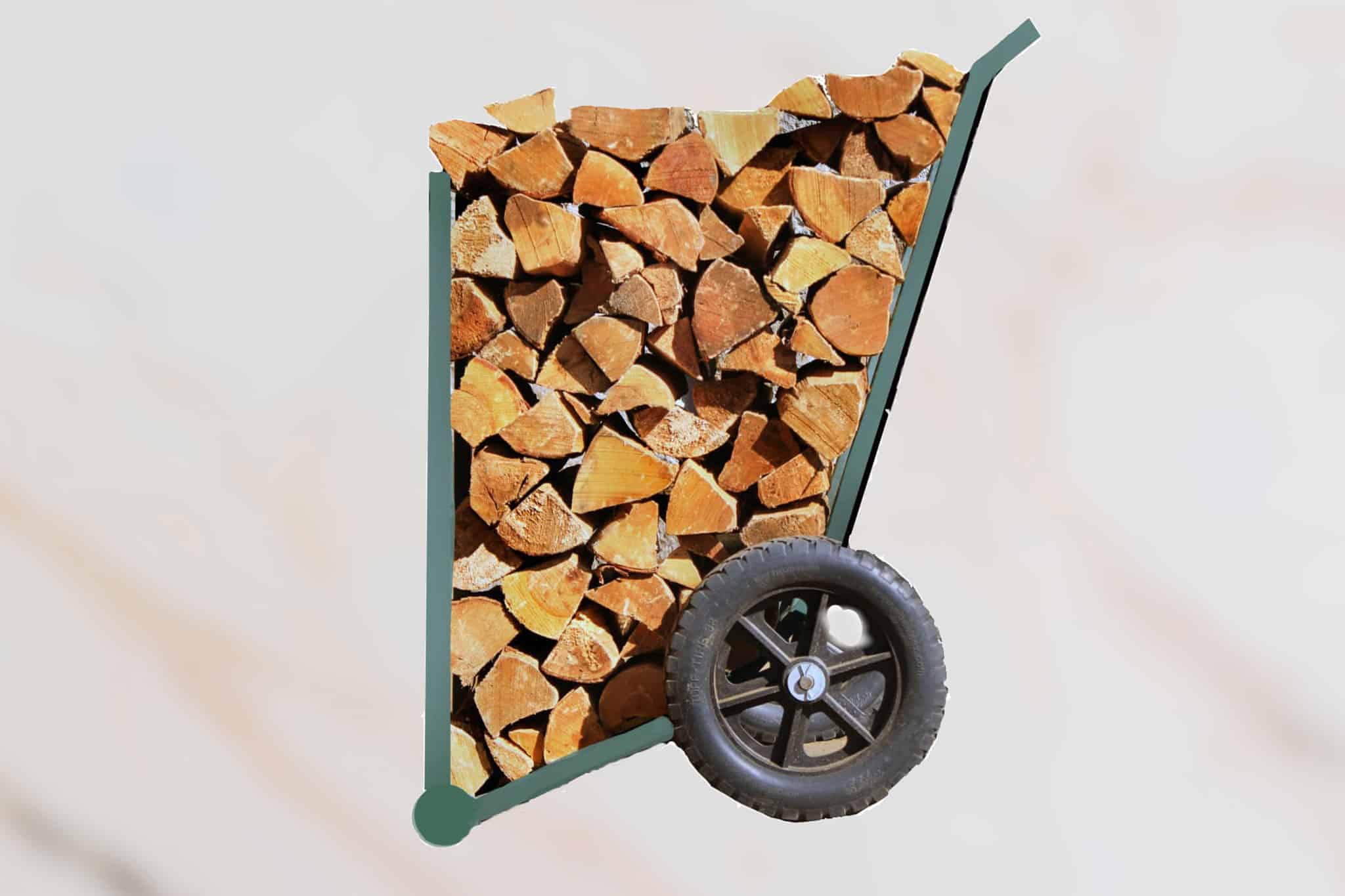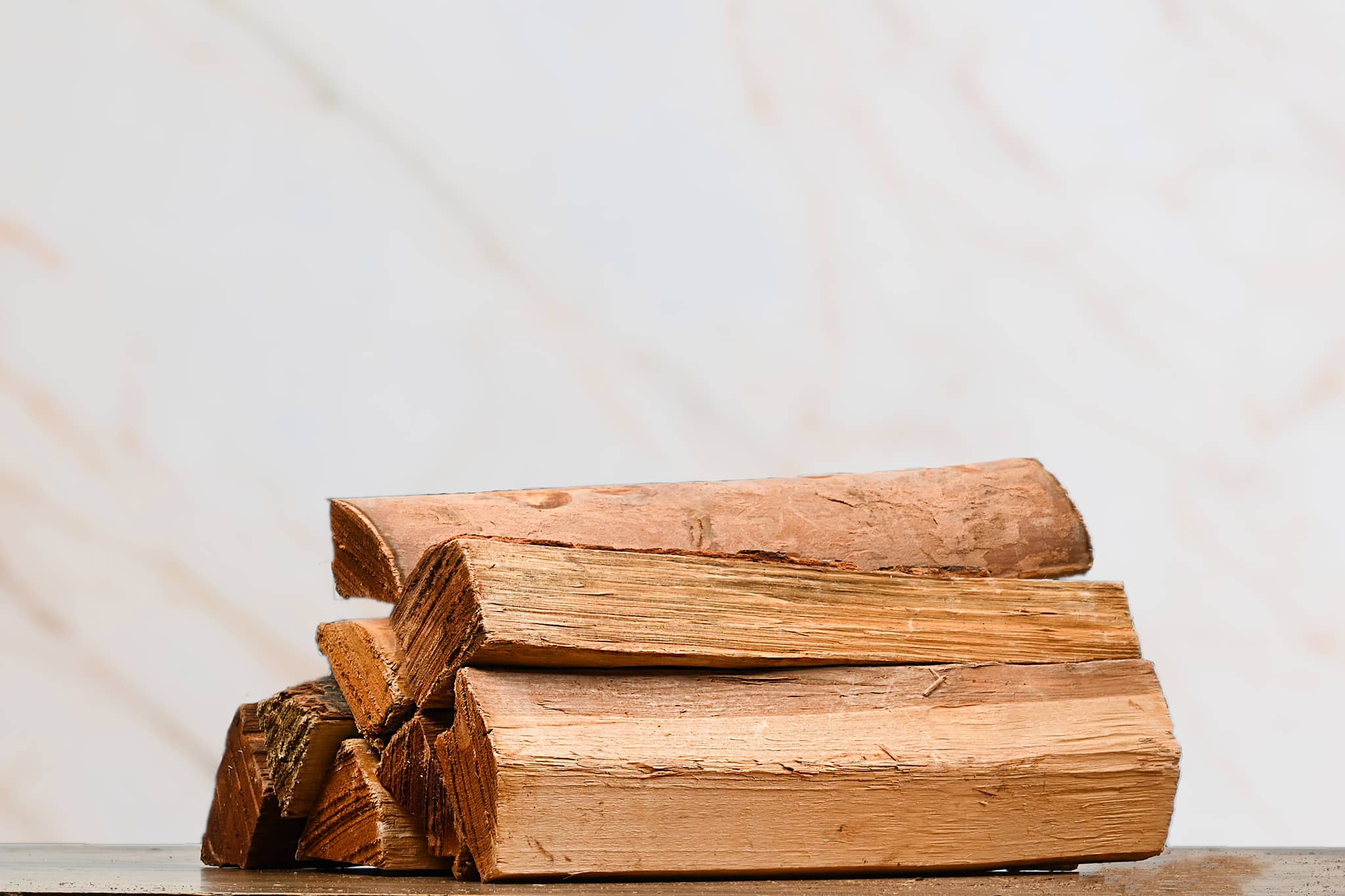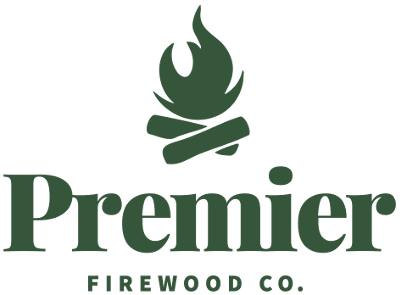The Essential Guide to High-Quality Kindling Wood for Stoves
For anyone with a wood-burning stove, the significance of using high-quality kindling cannot be overstated. Kindling serves as the foundation of a good fire, facilitating the ignition of larger logs by burning hot and fast. This comprehensive guide explores the nuances of selecting, preparing, and using High-Quality Kindling Wood for Stoves, ensuring that you can achieve a perfect burn every time.
Understanding Kindling Wood
Kindling wood is typically thin, easily combustible material that catches fire quickly and burns intensely, essential for building a strong, lasting fire in your stove. The characteristics of high-quality kindling include low moisture content, the right size, and the appropriate wood type, all of which contribute to the efficiency and ease of your fire-starting efforts.
The Best Woods for Kindling
Softwoods
Softwoods like pine, fir, and cedar are preferred for kindling due to their high resin content and lower density, which allow them to ignite quickly and burn hot. These woods help in building up a strong flame before adding denser, longer-burning hardwood logs.
Hardwoods
While softwoods are excellent for quick ignition, small pieces of hardwoods like birch or ash can also be effective. They burn hotter and longer than softwoods, making them ideal for sustaining the initial stages of a fire.
How to Prepare Kindling
Sizing
Properly sized kindling is crucial for effective fire management. Ideal kindling should be split into small, thin pieces, roughly 1 inch in thickness and 6-8 inches in length. This size allows the wood to catch fire quickly and generate enough heat to ignite larger logs.
Drying
Moisture is the enemy of efficient burning. High-quality kindling wood should be thoroughly dried, with a moisture content of 15-20%. Kiln-dried kindling is often the best choice because it guarantees low moisture and consistent quality.
Storage
Proper storage of kindling is essential to maintain its dryness and readiness for use. Store your kindling in a dry, covered area to protect it from moisture and ensure it remains ready for your next fire.
Tips for Using Kindling Effectively in Stoves
Layering Technique
Start with a base layer of crumpled newspaper or natural firelighters. Above this, build a lattice of kindling sticks, leaving enough gaps for air circulation. This setup maximizes airflow, enhancing the combustion process.
Gradual Addition
Once the kindling has caught fire and is burning strongly, gradually add larger pieces of wood, increasing in size as the fire builds. This step-wise approach ensures a smooth transition to a full-sized fire without smothering the initial flames.
Airflow Management
Control the airflow in your stove according to the manufacturer’s instructions to optimize the burn rate and heat output. Properly managed air intake is critical for sustaining the fire and maximizing the energy efficiency of your stove.
The Environmental and Economic Benefits
Using high-quality kindling wood not only improves the efficiency of your fire but also has broader environmental and economic benefits. Efficient burning reduces wood consumption and decreases smoke emissions, contributing to better air quality and lower fuel costs.
Choosing the Right Supplier
Selecting a reputable supplier is critical when purchasing kindling wood. Look for providers who offer sustainably sourced and properly treated wood. Companies that specialize in kiln-dried wood, like Premier Firewood Company, often provide the best quality kindling that meets these criteria.
Conclusion: A Small Component with a Big Impact
High-Quality Kindling Wood for Stoves is a small component of your fire-building process but has a significant impact on the overall efficiency and enjoyment of your wood stove. By understanding the characteristics of good kindling, preparing it correctly, and using it effectively, you can enhance your stove’s performance and enjoy the cozy warmth of a well-made fire throughout the colder months.
For those looking to purchase top-tier kindling wood, or to learn more about optimizing your wood-burning practices, visit Premier Firewood Company. Their expertise and quality products ensure that you get the most out of your wood stove with every fire.
